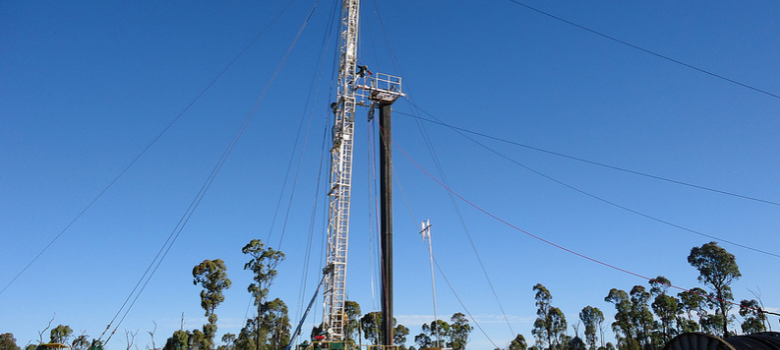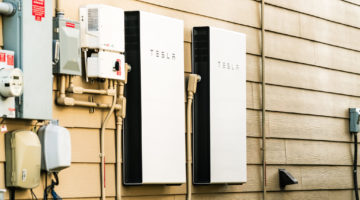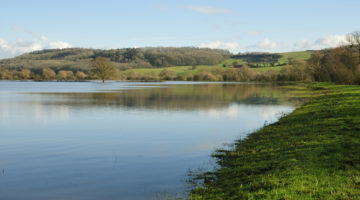
What are the Reasons Against Fracking?
Fracking won’t make energy prices cheaper
The UK has, for the best part of 25 years or so, had a much more open and de-regulated energy market. It is good in a sense that there is more competition, which drives down prices, but we are unfortunately more susceptible to global energy price shocks.
So even if the UK managed to massively increase the output of gas, it would probably only make a small dent in its global price. With the prices being marginally beneficial, we, the consumers, wouldn’t see a big difference in terms of energy bills. This is the reason why George Osborne has had to play down his early optimism for this technology.
The Energy Capacity Argument
As OFGEM (the electricity and gas regulator) has rightfully pointed out, we could be facing the prospect of blackouts if we don’t deal with the energy capacity issues confronting us in the next few years. The challenges we face on grid capacity are occurring now and not something we can hold on the back burner for the next 10 years or so.
Unfortunately, the roll out of the shale gas is not going to happen overnight – in fact 10 years could even be optimistic and this is simply too long to make it a solution for our current problems.
One of the main reasons for this is the time period required to get the drills into the ground, mainly because of the UK’s planning laws and legal challenges that exploration companies will have to face up-to. In addition, the UK is full of Nimbys, so that will obviously impact where the drilling can take place.
Economics – where will the money end up going?
While it is absolutely true that the Treasury is set to reap in tax dividends if exploration and subsequently oil and gas companies extract the resource, I am not convinced that we will see a massive up-turn in the right type of employment.
Most of the jobs required in this industry are highly skilled and a lot of those requirements will probably be met by foreign workers. It is these types of high-skilled jobs that we are told is what the UK economy should strive to create. Can the UK labour market meet these expectations in the short-run? I am not convinced.
We would have to be doing something fundamentally different in our education system to bring about this change of emphasis and give potential workers the right kind of experience to meet these challenges.
We are in fact more likely to meet the demand for lower skilled and lower paid jobs, such for truck drivers and local labourers, which is great but unfortunately the economic multiplier effect may not fully benefit the local communities that these types of projects are meant to serve – unlike what we are currently told!
Fracking is not great as a concept!
While the proponents try to convince you that gas is a ‘clean resource’, being a hydrocarbon it is far from that, even if it does burn cleaner that coal. In fact, large quantities of methane actually escapes into the atmosphere during the fracking process. Before even starting to burn it, taking into account greenhouse gases on extraction, it potentially has an even greater impact than carbon dioxide.
In addition we are still burning through a finite resource – this is the whole problem with burning fossil fuels (aside from the environmental impact), they are going to run out, and as they do prices will increase – that is simple supply and demand economics.
Another problem is the sheer volume of water used in the process – fracking needs water and lots of it, so much so that there are reports of water shortages in the fracking hotbeds of the USA. I am going to put water ahead of fuel in terms of basic human requirements, so the fact companies are putting fuel first is pretty worrying.
UK Geological make-up is different to the US
The USA has major swathes of land that are essentially uninhabited, and therefore there is little social impact in drilling 100 exploratory boreholes to check for gas. While the land density in the USA is 34 people per km2, in old Blighty it is over 260 people per km2. It is therefore much harder to find an area of land over here in the UK where people are willing to let these boreholes be drilled.
So yes, we can glance over at the USA with envy, they are no longer reliant on imports for their gas, but sadly we always will be.
Concluding Comments
Renewables are already delivering increased grid capacity, and energy efficiency programmes are making real reductions in what people pay on energy bills – so why have we then been obsessed about going for a fracking technology that carries risk when we can’t yet quantify the potential benefits?
References:
https://www.ofgem.gov.uk/ofgem-publications/75232/electricity-capacity-assessment-report-2013.pdf
Pages: 1 2












No Comments yet! Be the first one.